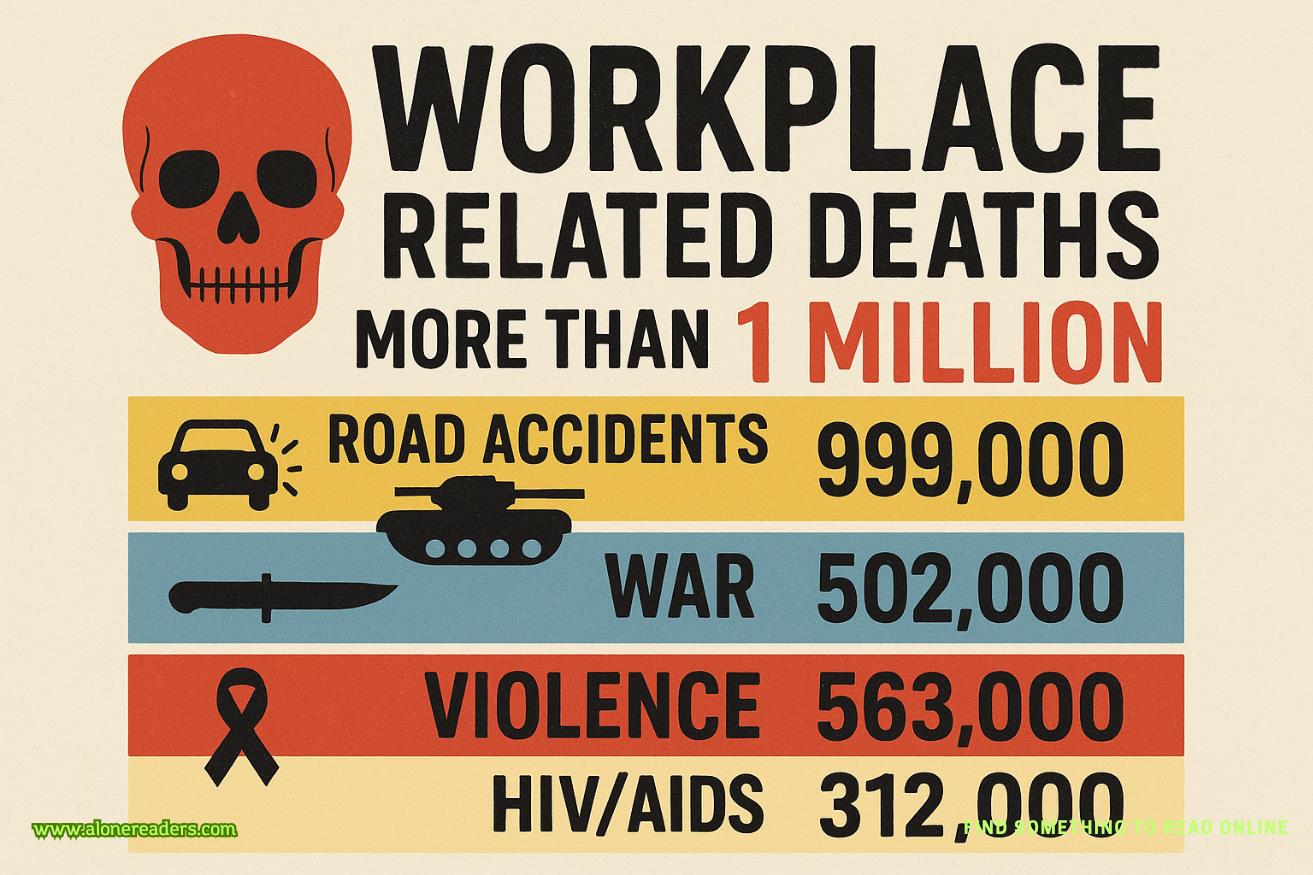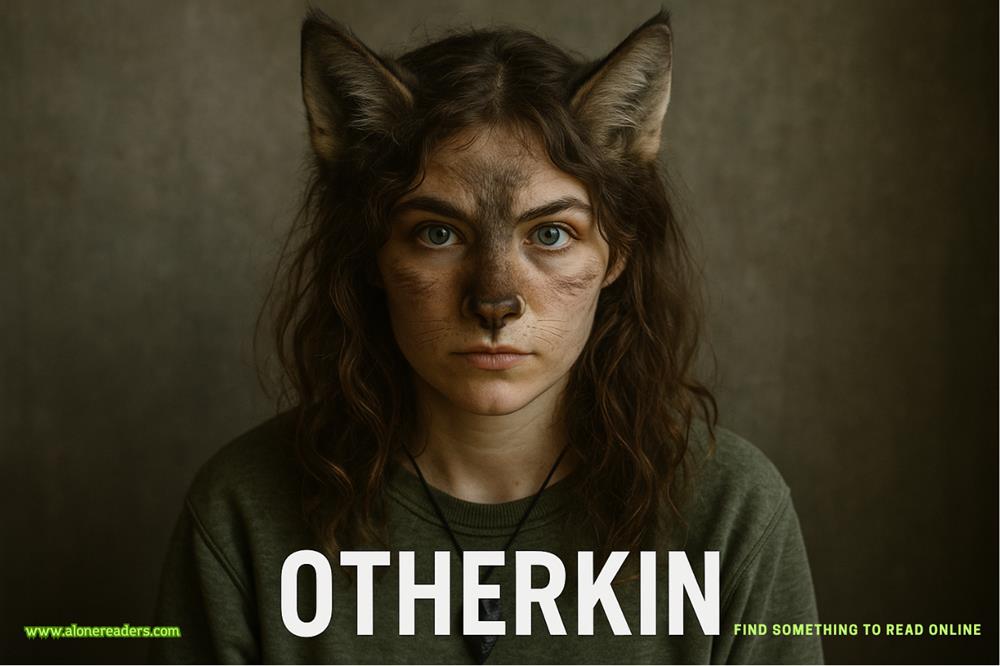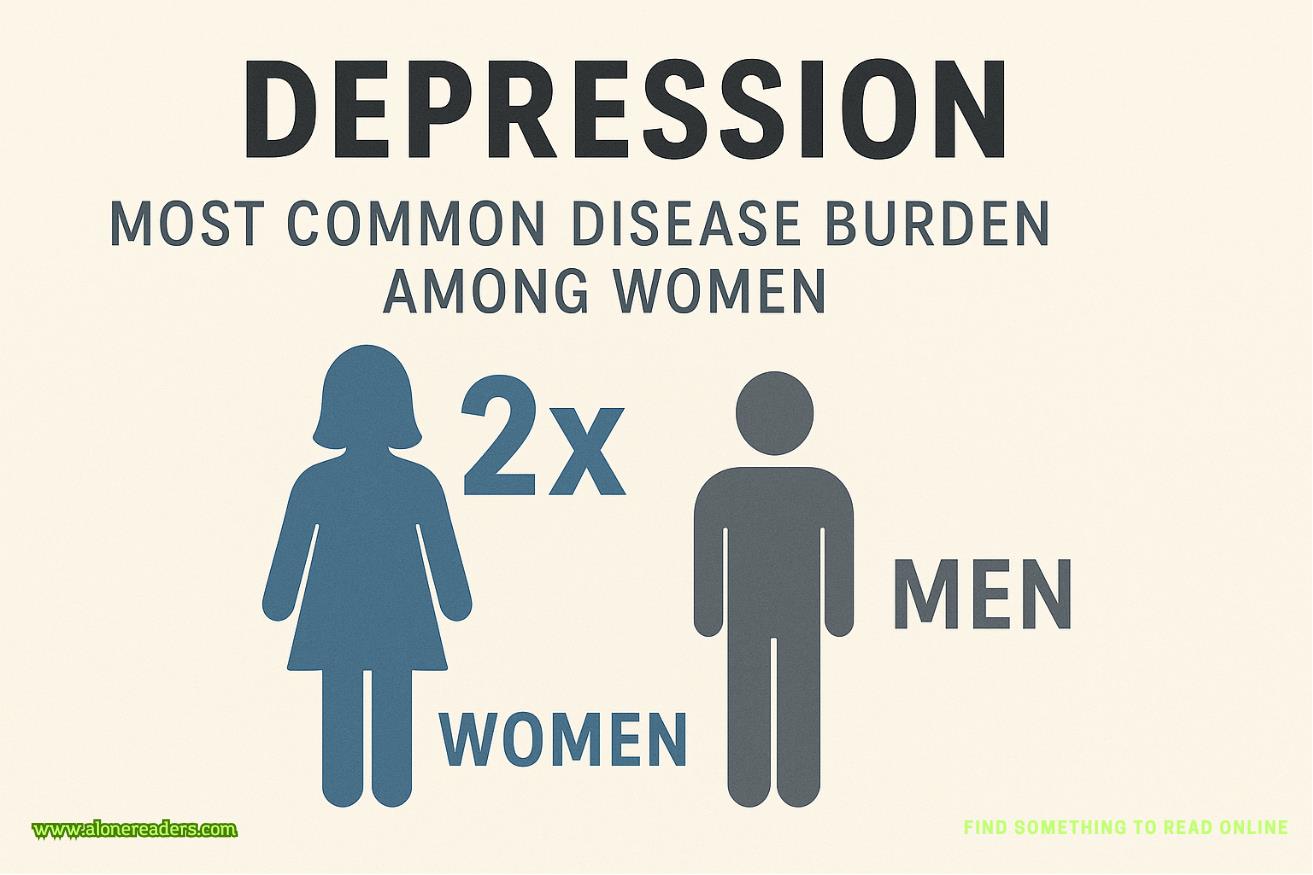Page 82 of The Girl Who Fell Through Time
“Rook,” Ariella starts incredulously, “are you making another one?”
“I have to get the measurements right for next time—”
“Sit down, you old fool, before you hurt yourself.”
“I will, just as soon as I—”
She pushes him into a seat. “Sit.”
Rookwook doesn’t move. There’s something different in his expression. At first, Selene likens it to a soldier given a command by his superior officer, but it’s more than that. He looks like he’d collect the stars in a handbasket if she asked him to.
Ariella doesn’t notice this look. She’s too busy filling him a bucket of warm water. Selene has no idea what she plans to do with it until she brings it to the table, slides it underneath Rookwood’s knee and places herself in the seat next to him.
He makes no sound of protest when she reaches across, rolls up his trousers, unbuckles the wooden leg and places his residual limb in the bucket. Rookwood lets out a groan.
“You’re giving yourself blisters,” Ariella tells him, dabbing at his knee with a steaming cloth.
Rook grabs her hand, turning her palms up. “You’re giving yourself calluses.”
“These don’t hurt.”
She picks up a tub of something from the side and administers it to his wounds. Rookwood sighs, long and hard. His face relaxes—everything relaxes, like the light around them tempers to a golden glow.
“You’re too good to me, woman,” he says quietly.
“I actually find that I am precisely good enough.”
“What would I do without you?”
“Find someone else to tease, most likely,” Ariella returns.
“I don’t know,” Rookwood follows. “I can’t see myself enjoying teasing anyone else quite this much.”
He leans across and pries the cream from her grip, applying it to her hands in smooth, steady circles.
It would be an intrusion to go in now. The milk can wait for tomorrow. Someone, at least, should get to be with their favourite person tonight. Someone, at least, should be at peace.
Selene continues with the renovations in the house, slowly shaping Ebonrose Hall into something that feels more like her own. The old, faded wallpaper is stripped away, replaced with warm, rich tones. She has new drapes fitted, old furniture restored, and light brought back into rooms that had spent too long in gloom. The work keeps her busy, but it isn’t enough.
She starts making plans in town, too. The library is small, its shelves overcrowded and its books worn with age. She invests in an expansion, funding new shelves, fresh copies, and better lighting. A proper schoolhouse follows—one large enough to accommodate more children, with sturdy desks and windows that let in sunlight and a better heating system to keep the classroom warm in winter. The town has too few places where knowledge is nurtured, and she intends to change that.
She hopes Dorian approves, but he says little about it—just polite, tired smiles here and there. He still turns up for their nightly games, but something in him is different. He picks shorter games—ones that end quickly, ones that don’t require lingering over strategy or conversation.
Is this all because of the kiss?
Selene doesn’t press. She simply waits, moving her pieces across the board, wondering when—or if—he will let her in again.
The Strawberry Festival arrives at the height of summer, when the air is thick with warmth and the fields glow gold beneath the midday sun. The village square is alive with laughter, the scent of ripe strawberries and sugared pastries filling the air. Banners of red and white flutter from the eaves of shops and houses, and garlands of wildflowers and berry vines are strung between wooden stalls.
Selene and the household make the journey down from Ebonrose Hall together, the anticipation of the day settling like warmth in her chest. The festival is in full swing when they arrive—children darting between booths, faces sticky with strawberry syrup, farmers boasting of their finest harvests, and villagers gathered around tables laden with confectionary, jams, and fresh fruit.
Selene takes her place as a judge for the strawberry dish competition, seated at a long wooden table in the town square. Before her, an array of creations awaits—flaky tarts glistening with glazed fruit, spiced preserves in glass jars, delicate cakes dusted with sugar. She takes her time, savouring each bite, offering quiet praise and thoughtful consideration. The villagers watch her expectantly, their pride evident, and when she finally announces the winner—a young baker with a particularly exquisite strawberry custard—cheers erupt, and the girl beams with delight.
The day drifts into evening, and the festival shifts with it. Lanterns are lit, their golden glow casting flickering patterns over the square. Music rises from the musicians stationed near the tavern, a lively, rustic melody that sets feet tapping and hands clapping.
Selene watches as Rookwood pulls Ariella onto the dancefloor, spinning her with ease until her cheeks crease with laughter. He can’t move as freely as she does on his prosthetic, but he seems content to watch her flurry around him. She looks younger today. Her hair is down, flowers are woven into a plaited crown at her temple, and she’s wearing a sage green frock that makes Selene think of meadows.
They look happy—truly happy, laughter caught in the space between them. They’ve probably been dancing at this festival every year since they were children.















